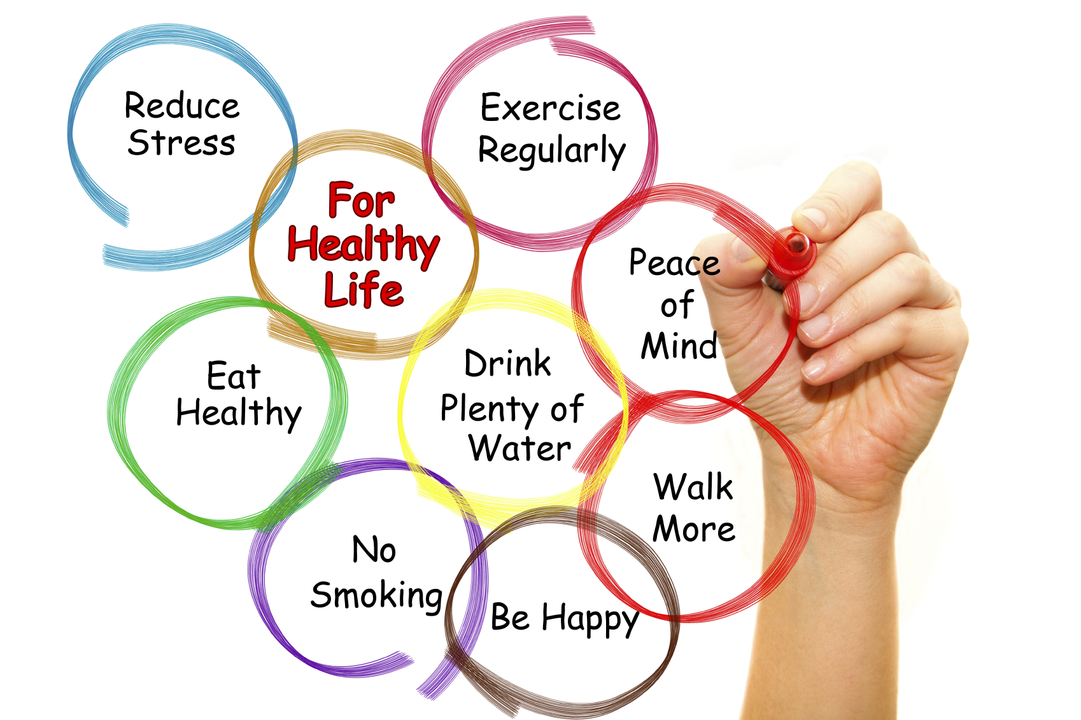Healthy Tips: Practical Advice for Everyday Wellness
Want simple, science-backed healthy tips you can use today? This page collects straight-forward habits and safety pointers—no miracle cures, just things that move the needle. Use these tips with info from our posts about meds, supplements, and common conditions to make smarter daily choices.
First, small routines beat big promises. Pick one habit and stick with it for two weeks: drink an extra glass of water with breakfast, add a 10-minute walk after lunch, or swap one processed snack for a fruit. These tiny changes improve energy, digestion, and mood faster than drastic overhauls.
Daily habits that actually work
Sleep: aim for consistent bed and wake times. Even 30 extra minutes of regular sleep improves focus and immunity. Hydration: start the day with 250–500 ml of water and sip through the day—dehydration can cause headaches and fatigue. Movement: break long sitting sessions every 45 minutes with a 2–3 minute walk or stretch. Nutrition: prioritize protein at breakfast to reduce cravings later; add fiber (vegetables, whole grains) to keep digestion steady.
Stress and mental health: a five-minute breathing break reduces anxiety and helps you think clearer. Use a simple box breathing (4-4-4-4) when you feel tense. Social ties: short, real conversations with friends or family improve mood and motivation—voice or face time matters more than scrolling.
Smart tips on medications & supplements
If you take drugs or supplements, pairing lifestyle changes with safe use matters. Always follow your prescriber's instructions: timing, food interactions, and what to avoid. For inhalers like albuterol or Advair, learn correct technique—an ineffective inhale makes the drug useless. If dizziness or motion sickness is an issue, consider Meclizine after discussing risks with your doctor.
Supplements like artichoke extract or goldthread can help specific goals, but quality and dose vary. Look for products with third-party testing and clear ingredient labels. Don’t assume "natural" equals safe—herb interactions with prescription meds happen. If you’re treating constipation linked to thyroid problems, adjust fiber and timing of thyroid meds rather than guessing supplements.
Buying meds online? Use reputable pharmacies and check for secure payment and clear contact info. Avoid suspiciously cheap sites or ones that offer powerful prescription drugs without a consultation. Our related guides explain safe online pharmacies, and list alternatives when a medication or supplier isn’t a good fit.
When to call a professional: persistent chest pain, sudden breathlessness, severe dizziness, high fever, or confusion aren’t "wait and see" problems. Also seek help if a medication causes new, worrying symptoms. For chronic issues—like stubborn infections or mental health changes—work with a clinician before switching treatments.
Track progress: use simple tools like a pill box, phone alarms, and a weekly checklist. Keep a short symptom log — note time, trigger, and intensity — when you start a new med or habit, review after 7–14 days and share with your provider. Refill meds early to avoid gaps. Ask your pharmacist about interactions and side effects; they often spot red flags. If switching inhalers or antibiotics, bring your current med list to appointments. Small planning steps prevent big setbacks.
Pick two tips from this page, try them for two weeks, and track the change. Small, consistent moves add up—less guesswork, fewer side effects, and better daily health. Start small, stay consistent; ask questions when unsure. Every step counts.
Angina and Travel: Tips for Staying Safe and Healthy on the Go
Traveling with angina can be challenging, but with proper planning and precautions, it can be managed effectively. To stay safe and healthy on the go, it is crucial to consult with your doctor before embarking on a trip, ensuring that you have all necessary medications and a clear understanding of your condition. While traveling, remember to pace yourself and avoid overexertion, taking regular breaks to rest as needed. Additionally, maintain a healthy diet and stay hydrated throughout your journey. Lastly, always have a plan in case of a medical emergency, including knowing the location of nearby hospitals and having important medical information readily available.
View more
